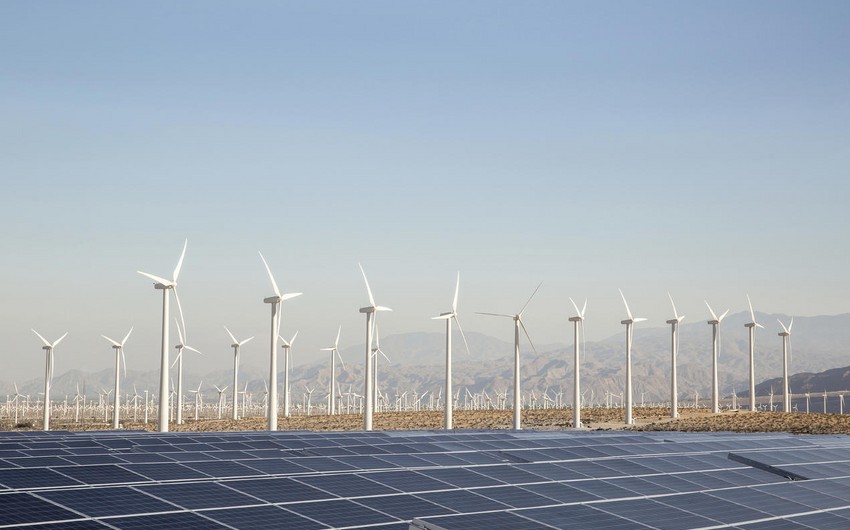European countries must invest more in renewable energy sources to overcome the energy crisis, Sebastian Schäffer, Managing Director at the Institute for the Danube Region and Central Europe (IDM) in Vienna, told Report.
According to him, tensions in energy supply issues are not over yet: The volatility might continue for quite some time and the price for the end consumer will most likely not become cheaper.
"What contributed to alleviating the current situation were the unusually warm temperatures beginning of January as well as the different subsidies from European governments to stabilize the prices," he said.
However, the expert noted that both will not continue indefinitely and in order to prepare already for the next heating period further investment especially in renewable energy is necessary.
"In order not to replace one interdependency (which turned out to be more imagined than real) with another, diversification and resilience should be the main goal for effective medium-term measures," he said.
"This unfortunately will also include nuclear and coal power plants. Hopefully this will not lead to further stall the energy transition and the European countries draw the right conclusions from it," Schäffer added.
Commenting on the German finance minister's recent statement that the country is no longer dependent on Russian energy imports, the political scientist said he was surprised by this development.
The second big surprise, according to the expert, is that the transition was made so quickly.
"One can only imagine what would have been possible if the same ambition had been invested in real alternative sources a couple of years ago," Sebastian Schäffer concluded.


 https://static.report.az/photo/1243f9d3-a21d-37e7-b6be-9ad4b5f211b9.jpg
https://static.report.az/photo/1243f9d3-a21d-37e7-b6be-9ad4b5f211b9.jpg

